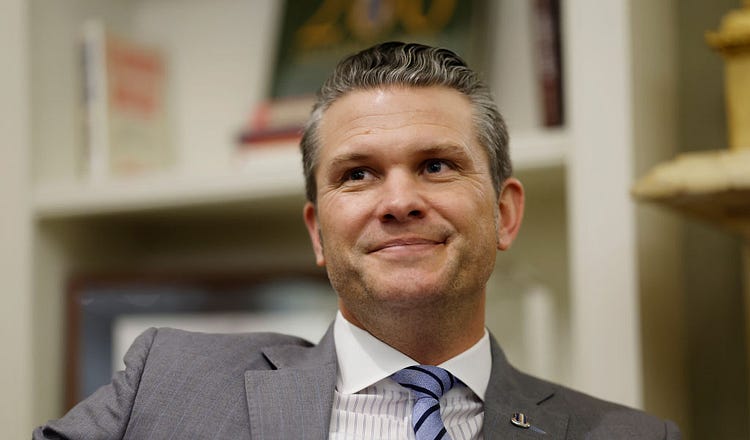
You have probably never heard of Dan Caldwell. But he is playing a major role in shaping President Donald Trump’s foreign policy. As head of the transition’s “landing team” at the Department of Defense, he is stocking the Pentagon’s all-important middle ranks with policy personnel who share his view that the U.S. needs to dramatically reduce its military footprint abroad, according to four Trump administration officials who spoke to The Free Press of Caldwell’s mounting influence with concern bordering on alarm.
Their fear did not stem from a belief that there’s something desirable about war, of course. On the contrary: Many are proponents of the “peace through strength” that Trump campaigned on. The debate has less to do with “peace” than it does with the definition of “strength.” The concern is that Caldwell is a stalking horse for a rising faction within the party that will weaken America’s global standing. “Dan Caldwell wants America to come home from the world. That’s his first and only priority,” one Senate Republican aide said.
And Caldwell is going places. Two Trump officials told The Free Press he is slated to become deputy to retired general Keith Kellogg as Trump’s envoy to Russia and Ukraine—which would give him extraordinary influence over the peace negotiations between the two warring countries.

